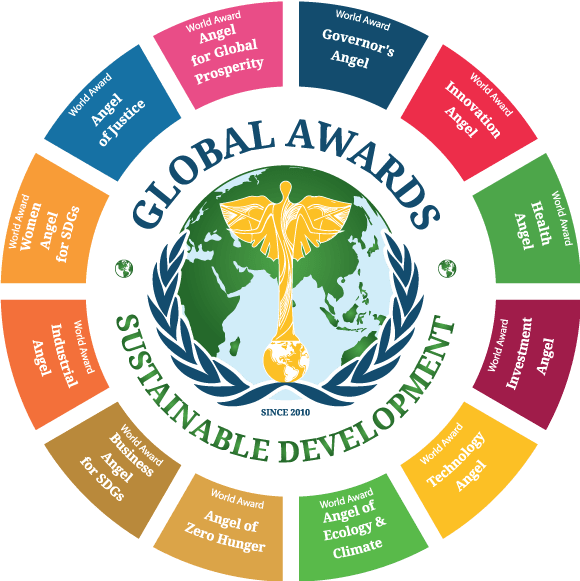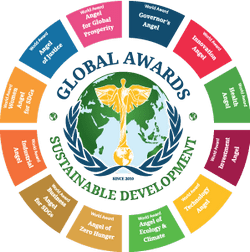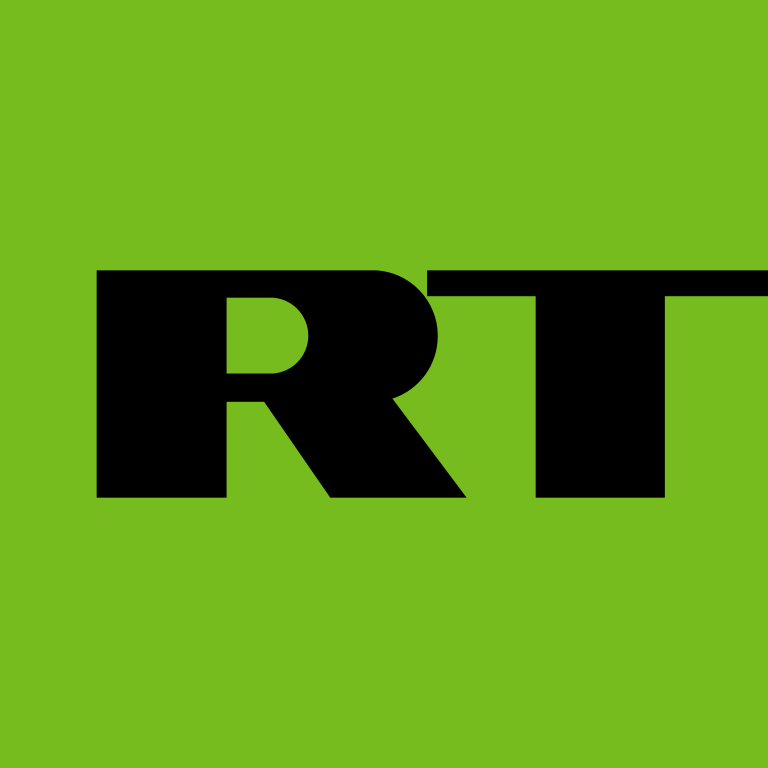Russia´s investment profile: view from World Organization for Development
With the investment climate being one of the major economic issues for Russia, Business RT spoke to Robert Abdullin, president of the World Organization of Creditors, about what is being done to improve Russia’s profile and what lies ahead for it.
RT: Your organization provides support for companies looking for investment.What sort of assistance is most in demand?RA: “WOC’s main line of work is attracting investments. We support investment projects in Russia and other countries. We help investors find their way into provinces and support investment deals by means of co-operation with major investment groups, funds and international organizations. Essentially, what WOC does is accumulate investment projects in Russia’s provinces. WOC also helps conduct background checks on potential partners for foreign investors, takes part in the settling of disputes, supports contracts and co-ordinates the co-operation between all sides involved in investment deals. WOC helps investors and those receiving investments meet and interact at large-scale forums that WOC organizes.”
RT: How does your organization work to promote civil relationships and a climate of business trust?RA: “All the organizations that have joined the WOC must adhere to the Code of Conduct. All the statements of the code are binding on the WOC member organizations. To give you an example, the WOC members strongly oppose to achieving positive results in their activities or obtaining any benefit or advantage at the expense of law violation or disrespect for ethical standards. The WOC members are also to combat criminality and corruption, contribute to fighting criminal income legalization, terror funding and other crimes. The WOC, for its part, guarantees that all its members provide high-quality services. WOC has developed an independent project –the World Investment Award “Investment Angel”. States, constituent entities of the Russian Federation and other countries of the world (provinces, federal states etc.), investors – residents of various countries, big-, medium- and small-sized business owners who have successfully attracted and efficiently spent investments, and organizations that are WOC members and contribute to minimizing financial risks related to investment – are entitled to be nominees for the “Investment Angel” award. The 2010 “Investment Angel” award winners in the category “The Best Foreign Investor” were PepsiCo, Volkswagen Group Rus and Novo Nordisk.The category “Most Investment-Friendly Regions of Russia” was won by the Kaluga Region, The Nenets Autonomous District and the Amur Region. The scale of the event has attracted the attention of the world leading business mass media. The “Investment Angel” award conferment ceremony is held annually, the next event coming in April 2012 in Moscow. The ceremony will be traditionally marked buy a solemn and festive atmosphere and will offer multiple topics for discussion to the investment community. The WOC sets the international focus on the positive investment experience in Russia, boosts trust and confidence in Russia’s business environment and the market stakeholders. And it is actually the lack of trust that has been hindering the improvement of Russia’s investment climate so far.”RT: How do international investors see investing in Russia? What are the major risks they see?RA: “The level of risk in Russia is indeed very high. There is a widely shared opinion that Russian economy is very risk-prone in terms of investments and that the rights of investors are not protected well in Russia. As for the protection of ownership rights, the Russian law does give the investors a guarantee for legal protection of their rights and interests and a chance to transfer profits outside of Russia, and even a chance to take part in privatization within certain limits. There is, however, one “but” here: the documents which have legal force in the investors’ home countries have no legal force in Russia, and the other way round. This requires for the rights of all parties involved in the investment deals to be protected under the laws of all the countries of residence of the involved parties. If this is not ensured there is no way to guarantee the protection of rights for any of the parties. For instance, it would be impossible to prove the fact that one party is in fact liable to another party. Another problem is the lack of co-ordination and conformity in the relations between Russia’s different levels of authority, such as between the regions and federal or other agencies, which needs to be overcome. Currently, the state of things is such that while regional leaders may be actively supporting investors’ initiatives the level of support can significantly drop at lower levels, such as at the level of city authorities or actual contractors. These two major issues are the tasks the World Organization of Creditors considers its priority.”RT: How significant is Russia’s need for international investment?RA: “Attracting foreign investment is one of the priorities announced by the Russian government and the president. In 2011, a Direct Investment Fund was established in Russia with a special purpose to cut risks for foreign investors. Thanks to that, foreign funds are now invested in parallel to state injections on a 1:1 ratio. By nature, the Russian Direct Investment Fund plays the role of a sovereign fund. Many countries have introduced sovereign funds, but our format is unique. Russia has pioneered a new way of its operation. Traditionally, foreign companies were interested in the production of natural resources and their subsequent export to global markets. But the past five years have seen a shift of investment flows to Russia’s domestic market. Over the last decade, many transnational corporations have opened their production facilities in Russia. The world’s biggest producers are feeling their traditional markets are increasingly becoming saturated. These companies need new markets to boost their production and sales volumes, and ultimately, revenues, and, in terms of growth, Russia’s domestic market appears to be one of the most promising regions.”RT: How would a major external shock (particularly in the eurozone) impact Russia?RA: “In spite of the fact that Russia’s National Bank began increasing the share of the euro in Russia’s currency reserves over the post-crisis period, the US dollar is still dominant in Russia’s monetary security reserves. Therefore, the euro’s decline in relation to the crisis in a number of European states is not critical for Russia’s economy. Obviously, a further decline on European markets would not be in Russia’s interests as Russia is engaged in profound trade relations with all countries in the Eurozone. However, there is no reason to think that possible defaults in Europe might pull the Russian economy down.”
James Blake, Anastasia Kostomarova, RT
Russia´s investment profile: view from World Organization of Creditors — RT Business News






